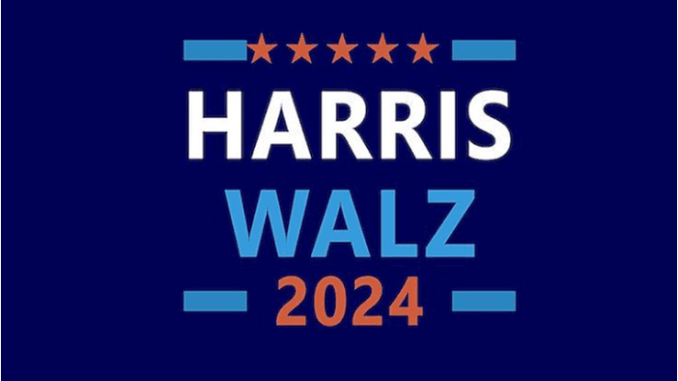Harris charts independent path on Taxes, targets small business growth
Democratic presidential candidate Kamala Harris is proposing a more moderate increase to the capital gains tax.

Democratic presidential candidate Kamala Harris is proposing a more moderate increase to the capital gains tax.
Speaking to a crowd of enthusiastic supporters at the woman-owned Throwback Brewery in North Hampton, New Hampshire, Harris outlined her vision, which includes raising the capital gains tax rate for those earning over $1 million annually to 28 percent — notably lower than the 39.6 percent Biden proposed in his fiscal 2025 budget.
Harris’s more tempered approach to capital gains tax signals a bid to broaden her appeal, even as she remains committed to many of Biden’s middle-class-centric policies. “As president, one of my highest priorities will be to strengthen America’s small businesses,” Harris told the crowd, highlighting the pivotal role of small businesses in the U.S. economy, which employ half of all private sector workers.
To that end, she also introduced a proposal for a $50,000 tax deduction for new small businesses, a tenfold increase from the current tax break, alongside plans to offer low- and no-interest loans to entrepreneurs and expand access to venture capital. The goal, Harris said, is to spur the creation of 25 million new small businesses by the end of her first term. “Lowering the cost of starting a new business would help us achieve this very ambitious target,” she said, noting the average startup cost hovers around $40,000.
Her remarks come at a critical time as she takes the mantle of the Democratic Party’s nomination following Biden’s decision to step aside on July 21. While she backs Biden’s proposal for a minimum tax for billionaires, Harris underscored her independent stance on other key fiscal issues. “It is not right that those who can afford it are often paying a lower tax rate than our teachers, our nurses, and our firefighters,” she said, in a nod to working-class voters.
Harris also used the event to draw sharp contrasts with her Republican opponent, former President Donald Trump, accusing him of favoring policies that would undermine small businesses and drive up the deficit by cutting corporate taxes. Despite Trump’s campaign pushing back against reports of diminished Republican presence in New Hampshire, recent polls show Harris maintaining a lead of four to six points in the battleground state ahead of the November election.
Her appearance at the brewery — with New Hampshire’s two female U.S. senators and a Republican leader endorsing her — underscores Harris’s focus on expanding her voter base in a state where independents outnumber both Democrats and Republicans. With a history of fluctuating political loyalties, New Hampshire is once again poised to play a critical role in determining the nation’s next president.










